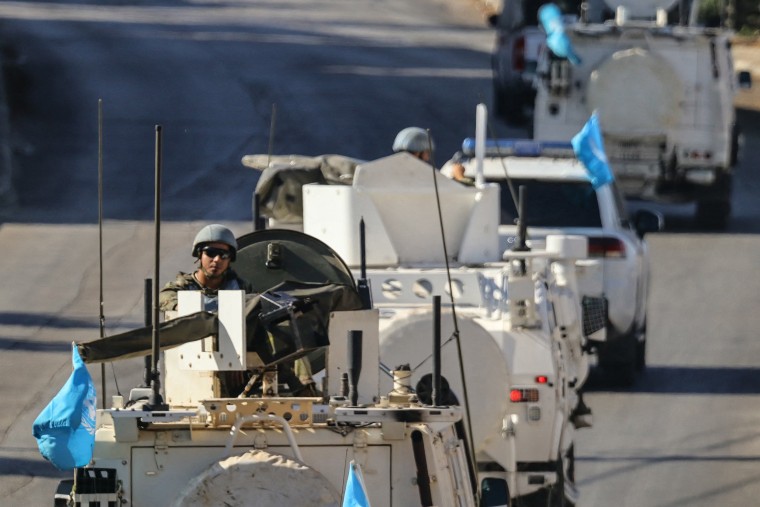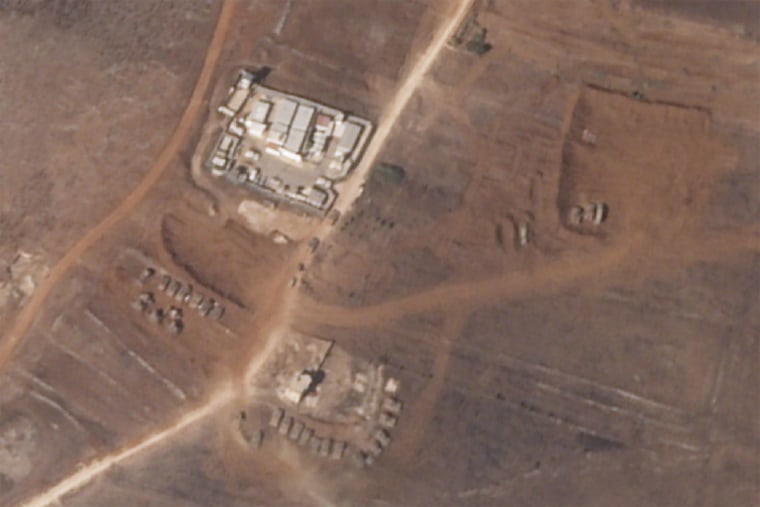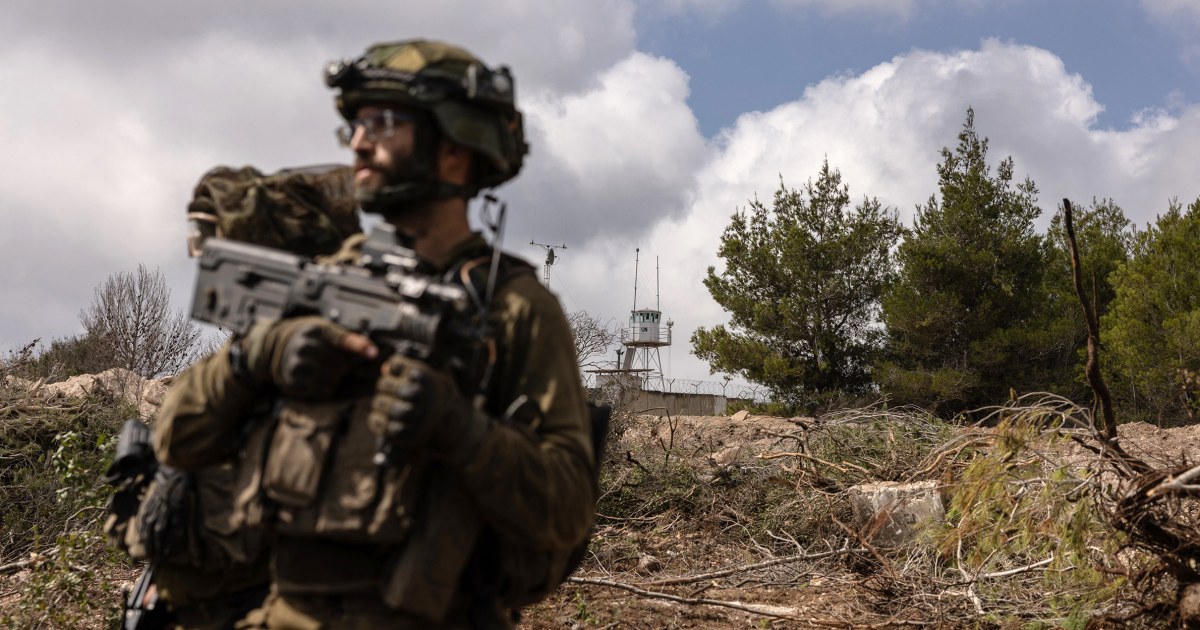With tensions simmering after several incidents over the past week, the United Nations has insisted it will not withdraw its peacekeepers from southern Lebanon despite repeated demands by Israel for them to move out of the area where its military is operating against the Hezbollah militant group.
The United Nations Interim Force in Lebanon (UNFIL) will stay in “all its positions,” including those near the border of Lebanon and Israel, the head of U.N. peacekeeping operations Jean-Pierre Lacroix told reporters in New York on Monday.
He added that the decision to keep them in place had the full backing of both the U.N. Security Council and the member states contributing troops to the force. The plan was also confirmed by U.N. Secretary-General Antonio Guterres, Lacroix said.
His comments came after the U.N. Security Council expressed “strong concern” following the attacks in a statement issued after emergency closed consultations on Lebanon.
Although it did not name either Israel, Lebanon or Hezbollah, the statement which was read by Swiss U.N. Ambassador Pascale Baeriswyl, the council’s current president, urged all parties “to respect the safety and security of UNIFIL personnel and U.N. premises.”
The meeting was held to discuss the four UNIFIL soldiers who were injured after Israel fired on their positions last week. A fifth was injured by gunfire during military activity although it was unclear who fired the shot.
The Israeli military has promised to investigate some of the incidents which came as it continues to fight Hezbollah forces in the region. The sides have been clashing since the Iranian-backed militant group started firing rockets over a year ago in solidarity with its ally Hamas in Gaza.
But Prime Minister Benjamin Netanyahu accused UNIFIL was “providing a human shield to Hezbollah terrorists” in a video address on Sunday, and appealed directly to Guterres to get U.N. peacekeepers “out of harms way.”
Shortly after the video was released, UNIFIL spokesperson Andrea Tenenti disputed IDF claims that UNIFIL forces are in effect, providing cover for Hezbollah.

Israel has come under severe international criticism over injuries and damage sustained by the peacekeeping force. UNIFIL also accused the IDF of shooting its cameras, destroying its main gate, and forcing entry into one of its positions.
President Joe Biden’s assertion last week that he is “absolutely, positively” asking Israel to stop hitting peacekeepers only underscored just how far the situation has spiraled.
In the backdrop of its invasion of Lebanon, Israel is also weighing up its response to the missile barrage launched by Iran earlier this month, sparking fears that a massive retaliation could stoke a wider regional conflict.

But Netanyahu has told the U.S. that it is prepared to launch a more limited counter-strike aimed at preventing a full-scale war, and will target the nation’s military infrastructure and not its nuclear or oil facilities, according to a report in The Washington Post.
President Joe Biden has said publicly that he would not support an Israeli strike on Iran’s nuclear sites, while reaffirming the country’s “right to respond” to the October attack.
In a statement to the Post, Netanyahu’s office said, “We listen to the opinions of the United States, but we will make our final decisions based on our national interest.”

Leave a Reply